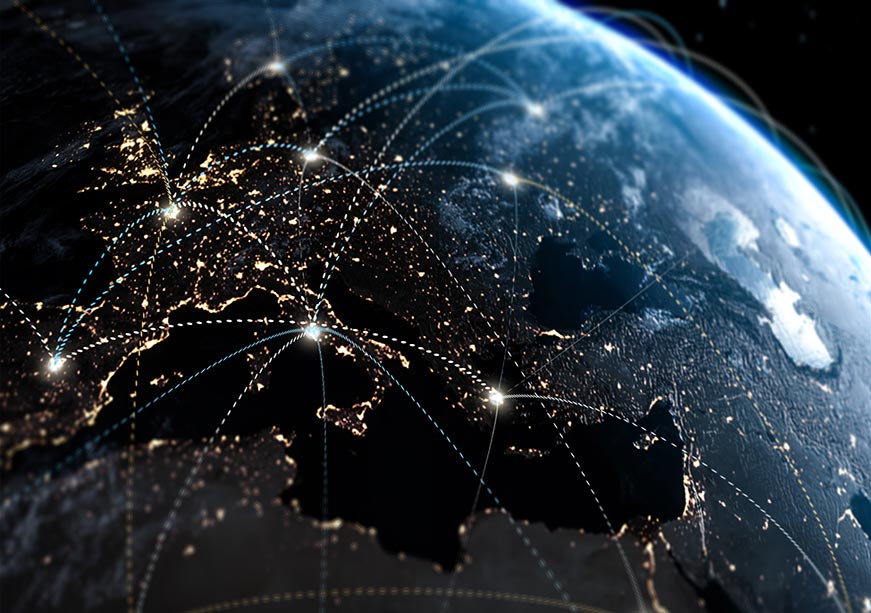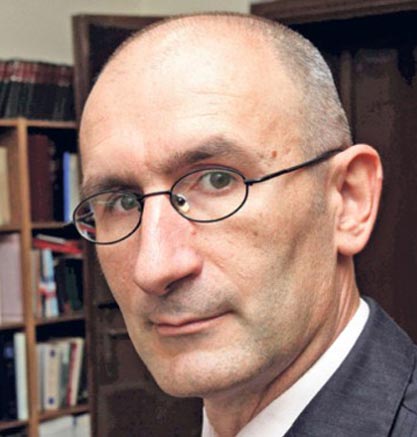-
CENTRES
Progammes & Centres
Location
Amid heightened global conflicts in Ukraine, the Middle East, and Africa, the people of the Balkans have placed high hopes on Trump's return to power

Image Source: Getty
This article is a part of the essay series “Budapest Edit”
The last days of the outgoing year were marked by the change of government in Syria. This short-term performance, similar to the one that happened a few years ago in Afghanistan, resulted from a power transfer following a consensus reached through secret negotiations involving all key stakeholders. In a large part of the world, this process has awakened the hope that the pacification and resolution of several open problems, as President-elect Trump had previously promised, has begun.
The Balkans is one of the standard neuralgic points, where, as a rule, the conflicts of big players are dangerously reflected. Divided between different confessions, at the crossroads of major trade and military routes, with much more history than it can handle, it has always been treated as a litmus of general global (in)stability, and often its victim.
With heightened global conflicts in Ukraine, the Middle East, and Africa, the domestic population has added its own problems and instabilities. Bulgaria has held as many as seven parliamentary elections in several years, and it is still far from resolving the crisis of power. Romania's presidential election was cancelled after the first round to prevent the likely election of an outsider to the seat. In the recently democratised Montenegro, political conflicts between the president and the prime minister continue. For the second year in a row, Serbia was engulfed by a wave of large civil and, this time, student protests. In addition to all this, there is a standard dynamic in semi-paralysed Bosnia and Herzegovina and the security-problematic and unclear development of relations between Belgrade and Pristina. European integration has been de facto frozen for 11 years, and that kind of incentive is no longer relevant for many people here.
While some actors, such as the political elites of Albanians and Bosniaks, have clearly shown support for the survival of the Democratic administration, it appears that ordinary people across the Balkans have strong hopes for Trump's return to the White House. They believe he will help end the wars in Ukraine and the Middle East, and, like during his previous term, pursue a non-interventionist policy focused on business and clear economic interests. For many in the Balkans, that would be more than enough.
Miša Đjurković is a Principal Research Fellow at the Institute of European Studies in Serbia.
The views expressed above belong to the author(s). ORF research and analyses now available on Telegram! Click here to access our curated content — blogs, longforms and interviews.

Djurkovic Misa is a Principal Research Fellow at the Institute of European Studies in Serbia. He has a rich academic background, having completed his PhD ...
Read More +